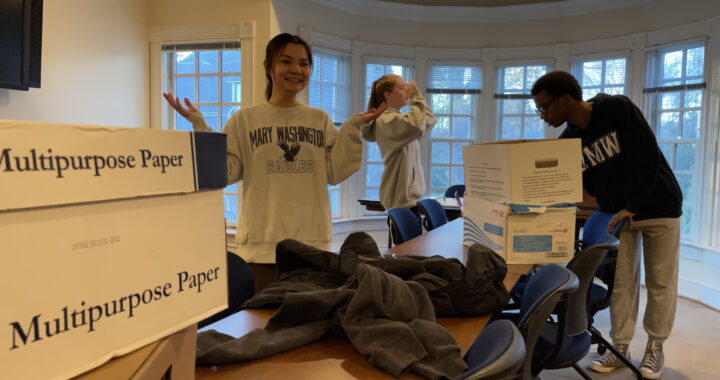Pop-Culture Columnist Releases Debut Novel
3 min readBY STEPHANIE BREIJO
Tired of the age-old “So a guy walks into a bar…” joke? Imagine if that joke was your life every night in a small North Dakota faming town, where you have nothing to do but drink and wallow in self pity while a slew of tragically apathetic and self-concerned characters make your life miserable and, on the whole, not worth living.
Welcome to pop culture icon and theorist Chuck Klosterman’s first work of fiction, “Downtown Owl.” Set in the fictional town of Owl, North Dakota in the early 1980s, the novel draws largely from Klosterman’s own experience with the same rural, full-of-nothing-but-cows-and-dive bars state, sans the author’s treasured hair metal cassettes.
The novel, set for a Sept. 16 release date, is packed with Klosterman’s sardonic and masterful humor as it follows three characters that span from teenaged Mitch Hrlicka –a high school football player with strangely comedic daydreams of gutting his jeering coach, to Horace Jones—a 73-year-old with no plans or life outside of the local coffee shop, to Julia Rabia—a newly graduated teacher with no motivation aside from getting free drinks at the local bars each night.
He captures this generation’s nerdy, disgruntled demographic with witty observations in “Sex, Drugs and Cocoa Puffs,” road tripping/mapping the last moments of musicians’ lives in “Killing Yourself to Live” and compiling his most biting features from ESPN, Esquire and Rolling Stone (among others) in “Chuck Klosterman IV.”
We are given the poster man-boy for the subculture garage geek in a work of literature that may lack finesse but never entertainment value.
While Klosterman’s diction may not be elevated to the point of novels from similar pop culture-ists such as Dave Eggers, his zeal for the awkward and painfully morbid more than compensates. Though his casual narrative voice better lends itself to the memoir—see his first book, “Fargo Rock City,”—his experimentation with form and timelines make “Downtown Owl” a quick, worthwhile read.
For true fans of the critic/theorist/columnist demigod, imagine his energy on the page when sharing bizarre scenarios, such as his discussion of reality and physics with a Cracker Barrel waitress in “Killing Yourself to Live.” Now imagine that situation with characters and dialogues all spawned from his own twisted imagination.
Scary, isn’t it?
Such is the beauty of “Downtown Owl.” Klosterman’s insanity reaches new heights when the world becomes his own, and whatever plot there is ends up the better for it. In the end, the novel isn’t a narrative of right and wrong or of epic battles; it’s a humorous ride through the average life of those tragically trapped in a town with a population of less than 8,000.
While it isn’t a perfect novel—it is his first—his imagination and jet-black humor keep it afloat as a bold step into uncharted territory for a man who usually makes his living finding apocalyptic messages in Radiohead lyrics. Chuck, we salute you.


